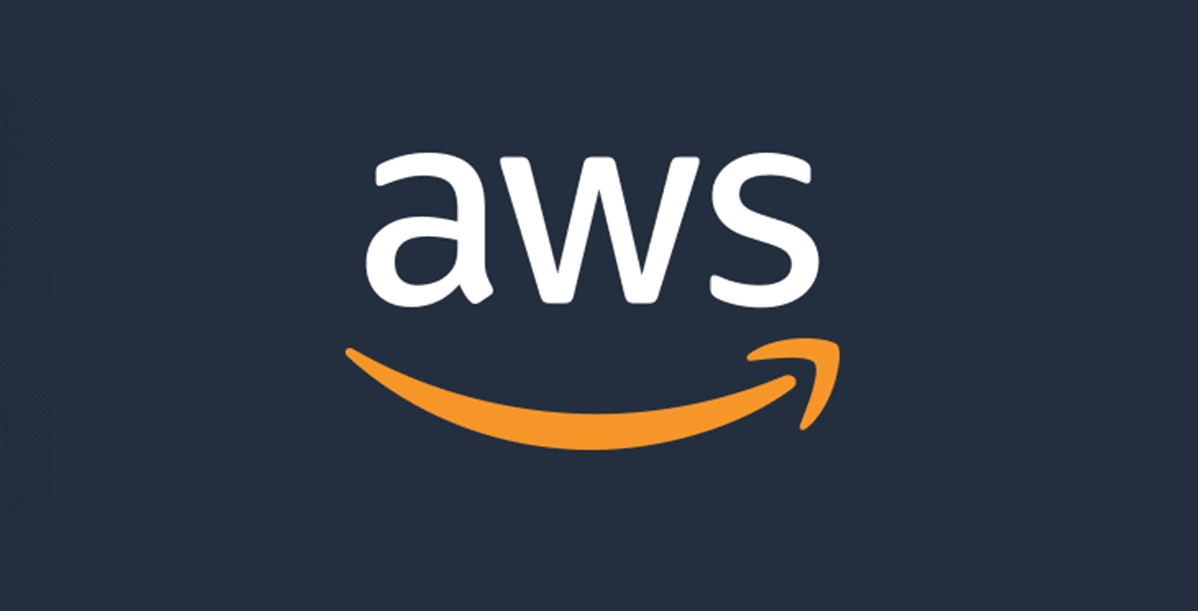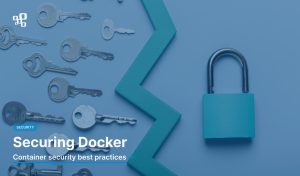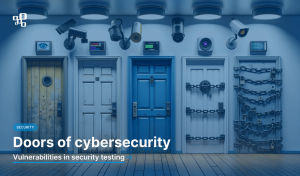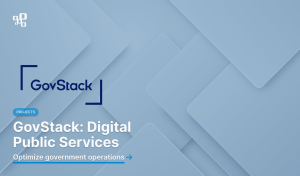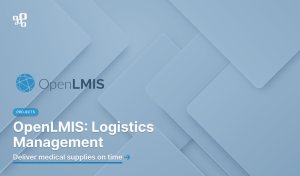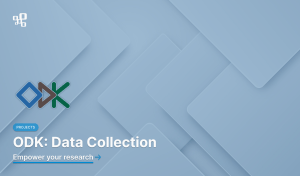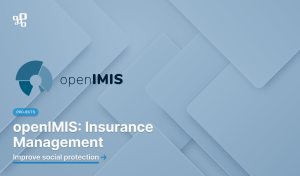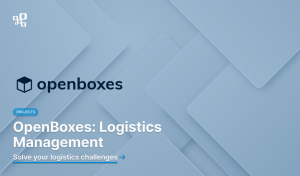I would like to present to you my journey from a complete novice about Amazon Web Services to the moment when I have achieved my first AWS certification.
I hope my story will encourage you to take a similar challenge.
Let’s start!
AWS Certification Paths
AWS gives the ability to take one of nine available exams. Exams are divided into four levels where three of them are role-based:
- Foundational – in this section there is only one certification and it can be skipped without any problems because it is not required for other certifications.
- Associate – here there are three certificates. We can become Solutions Architect, Developer, and/or SysOps Administrator.
- Professional – in this category there are only two roles: Solutions Architect and DevOps Engineer.
- Specialty – this is a special category where each certificate is related to a single technical area: Advanced Networking, Big Data, and Security.
The Developer path- my choose
AWS recommends having a specific amount of experience for each category, but it is more advice than a requirement. From my experience, I would say that the advice is good for Professional and Specialty categories. They are quite tough.
Each exam is broken into domains and each domain has some percent share from all questions. In the end, when you take the exam, there are no such things like sections or parts that you have to pass successfully to succeed in the exam. That information provides suggestions about what it is important in the given exam and what kind of questions can be seen often than others. For instance, for the developer path, development with AWS services is more important than monitoring and troubleshooting: thus it covers 40% of exam tasks as opposed to the latter domain that only appears in 12% of the exam questions.

My Preparation
I started to learn in November 2018. After long research, I chose the Ultimate AWS Certified Developer Associate 2019 course. The author – Stephane Maarek – in the course description mentions that he took the exam himself and passed it with a score of 984/1000 points, which means that he made only one mistake!!! Comments on the course page also filled me with optimism sa well as the last update date (October 2018).
The course
The course is divided into several segments, where each part deals with a single topic. Everything starts with absolutely basic stuff and with each video we explore the secrets of the AWS platform. It can be said that each chapter is divided into three subsections: theory, practice, and quiz, which can be omitted but I recommend that you check your knowledge thoroughly before taking the next step. In the end, there is a practice test that simulates the actual AWS exam. In the first approach, I had 86%. The second approach was 96%. In order to not learn by heart, I did not look where I made mistakes and what are the correct answers.
Additional tests
I wanted to be sure that my knowledge is accurate so I bought additional practice tests – AWS Certified Developer Associate 2019 [4 Practice Tests] – from the same author. The first scores were very promising: 73% and 75% but then I took the third test and I saw the score: only 58% I said to myself that it is okay to fail one test but then I took the last, fourth test and I saw 67% on the screen. In the end, I had only a 50% chance. It is definitely not enough, so I decided to go through the course again but this time I only focused on what I have a problem with. After that, all scores were over 72% and I was ready for the proper exam.
To summary, I have learned about 30 days, I put everything on a single course and four practice tests. By going to the proper exam I had the knowledge and a feeling that I actually know the AWS platform and how to use it in development. I must say that the above path is not for everyone and if you feel like you need more time then do not hesitate and just take it. The most important thing is the final result – the passed exam and the fact that you became AWS certified.

The Exam
So this day has come. The day where my knowledge has been verified. I still remember that day, it was a really stressful moment in my life. The following list contains a bunch of useful information about the exam:
- Before you go on the exam read in the email that you got when you scheduled the exam what exactly you need to carry with you to take the exam.
- The exam contains 65 questions, questions have only ONE correct answer or MANY but in this case, the number of correct answers is placed in the question so it is not so bad.
- It is possible to get 1000 points but you only have to have 720 to pass. Quick math says that you can be wrong in 18 questions. Of course, you should try to get a better score.
- You can mark questions. This is a helpful feature when we want to go back to questions, about which we are not sure. At first, I marked 19 questions, but then after the second round, there were only 7 questions to which I truly didn’t know the answer.
- There are no penalty points for wrong answers so always choose some answer(s). If you do not know the answer, just shoot.
- There are no open questions… YAY.
- If you are not sure what the answers are, first eliminate the wrong answers, then choose the answer(s) that is less complicated.
- You have 130 minutes for the exam. I think it is enough time to go through all the questions twice. I did so and I still had 40 minutes left so even if there is only half a minute per question there is no need to hurry so much.
- This is a typical exam where there are a few difficult questions but there were not more than five, a bunch of medium-difficult questions where you have to think to find a correct answer and of course, there were also a lot of easy questions. Thanks to those questions, it is possible to find time for more difficult.
- Because the exam is available in English or one of the available Asian languages, some questions can be tough for non-native people. I mean you can have a situation in which you understand the meaning of a question but there is that small word that you are not sure about and which can make a 180-degree turn in the meaning of the question. For those interested: do you know the difference between “attend” and “participate”?
- At the end – at least I had it – there are several statistical questions about your motivation, the educational level you have now, how much time you spent with AWS and so on. At this point, there are (probably) no wrong answers 😉

The Score
Right after the exam, I only got short, but how important, information whether I passed the exam or sadly I have to try again. Luckily for me, I saw positive information. After the exam, you should receive an email with your detailed results in the next 5 working days. I got my report the second day after the exam, the score was 860 points, JUPI. Besides the score, I also obtained detailed information about which domains knowledge is at the appropriate level and in which there is a space for improvement. Those are only guidelines and any additional actions need not be taken if the exam has been passed.
And what if you sadly happen to fail? First of all, it is not the end of the world yet. You definitely have to look where the knowledge gaps are and eliminate them. Regarding the second approach itself,you can re-try to take the exam after 14 days and unfortunately, you have to pay the full price for it again.
My Certificate
In the end, I have to inform you about one important thing. The gained certificate is valid only for two years. I would say this is due to how much the platform itself changes. Some services are quite old and they are being replaced with new services but even hen you can still use the old ones. Thus, after two years, you must renew the certificate by passing the exam or attempt to obtain a higher certificate.
But before this happens, it is worth to sit down for a while and take some rest.
